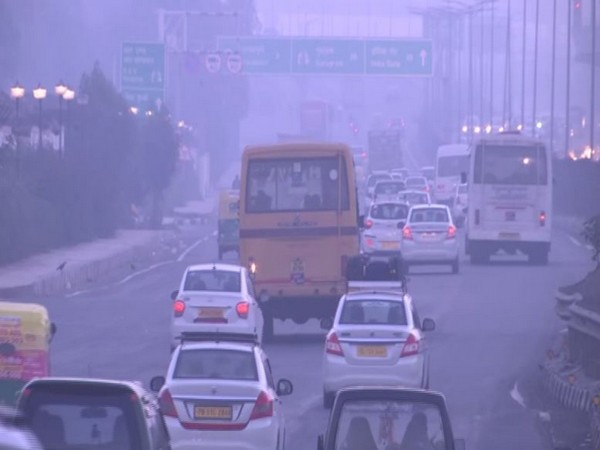Delhi's Bold Strategy: Innovation Challenge Against Vehicle Pollution
Delhi government launches an innovation challenge targeting pollution from End-of-Life Vehicles. Despite initial enforcement issues, officials push for scalable and effective solutions to curb emissions. Concerns raised over implementation logistics and potential cross-border fuel smuggling negate immediate execution.

- Country:
- India
In a decisive stride to address vehicular pollution, the Delhi government has introduced an innovation challenge, seeking scalable and economical solutions to tackle air pollution from End-of-Life Vehicles (ELVs). Launched under the directive of the Delhi Pollution Control Committee (DPCC), this initiative focuses on minimizing emissions of particulate matter (PM) 2.5 and PM 10, notorious contributors to the city's declining air quality.
On July 3, the Delhi NCT government requested the Commission for Air Quality Management (CAQM) to pause the enforcement mandating fuel denial to ELVs. In a letter to the Commission, Delhi Minister for Environment, Forests, and Wildlife, Manjinder Singh Sirsa, highlighted unintended issues that surfaced post the July 1, 2025 implementation. The policy affects petrol vehicles over 15 years old and diesel vehicles older than 10, denying refueling at city stations.
However, operational and infrastructural hurdles have stalled immediate rollout. Sirsa cautioned against premature execution, suggesting a stage-wise approach. The minister warned of potential fuel procurement from neighboring districts and a burgeoning illegal market. The letter also pointed out the absence of ANPR systems in adjacent states, complicating cross-border integration and enforcement.
(With inputs from agencies.)
ALSO READ
IIT-Kanpur's Airawat Foundation, IBM ink MoU to use AI for UP's air quality monitoring
Haryana's Strategic Path to Air Quality Improvement and Pollution Control
Air Quality Commission Pauses Fuel Ban on Delhi's End-of-Life Vehicles
Delhi Seeks Pro-Bono Air Quality Experts to Tackle Pollution Crisis
India's Air Quality Dilemma: A Flawed Premise?










